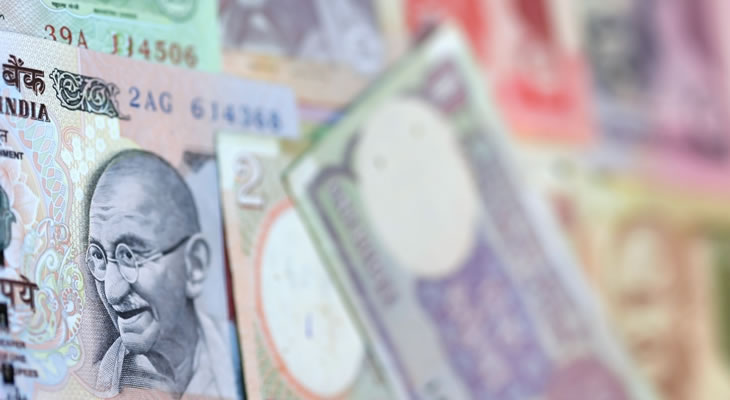The Pound to Indian Rupee exchange rate has slumped this week. An increase in demand for riskier currencies since Tuesday has benefitted emerging market currencies like the Indian Rupee while Sterling’s performance has been mixed since the UK government began the Brexit process.
GBP INR fell from the week’s opening levels of 81.59 to hit a weekly low of 80.41 on Wednesday evening. On Thursday morning the pair trended relatively closely to its worst levels, at around 80.65.
The main event for Pound traders this week has been the activation of Article 50 and the beginning of the formal Brexit process.
Wednesday saw the UK government deliver the Article 50 letter to European Council president Donald Tusk. This action marked the beginning of UK-EU separation proceedings which will last two-years or more depending on how negotiations go.
Full-scale negotiations are expected to begin sometime in May or June and are predicted to last until around autumn 2018. Before then, EU leaders will be making preparations.
Besides Bank of England (BoE) bets or news on UK inflation and wage growth outlooks, the early days of Brexit negotiations are the next big event that will alter long-term Pound Sterling forecasts.
While this week’s smooth activation of Article 50 has added to market hopes that the separation will be amicable and beneficial to both Britain and the EU, the tone that early negotiations take will be vital to the Brexit outlook.
If UK and EU negotiating teams get off to a smooth start when full talks begin, the Pound could see a significant relief rally as hopes for a good deal improve. However, rough negotiations would have the opposite effect and cause markets to worry that Britain could end up with a bad deal.
The Indian Rupee could benefit from this potential Sterling weakness and push GBP INR to new lows in the long-term if demand for the Rupee continues strengthening.
The Rupee has seen increased demand in recent months. Early march saw GBP/INR fall to its worst levels since 2012, and the Rupee hit a 17-month-high against the US Dollar (USD) this week.
Expectations that the Reserve Bank of India (RBI) is done with interest rate cuts has boosted appetite for the currency. Strong economic performance in India is leading to many foreign investors buying Indian assets and bonds, which have also strengthened INR.
The Indian Rupee’s performance in recent months has been so strong that it has sparked speculation that the RBI may be pressured into intervening to prevent further gains in the currency.
Analysts speculate that the RBI is too busy combating excess liquidity in India’s financial system and is brushing over the overvalued Rupee for now.
However, if the RBI decides to interject on INR exchange rate movement in the coming months, this could prevent GBP INR from falling much further even if initial Brexit negotiations don’t go as smoothly as hoped.
At the time of writing, the Pound to Indian Rupee exchange rate trended in the region of 80.63. The Indian Rupee to Pound exchange rate traded at around 0.0124.


Comments are closed.